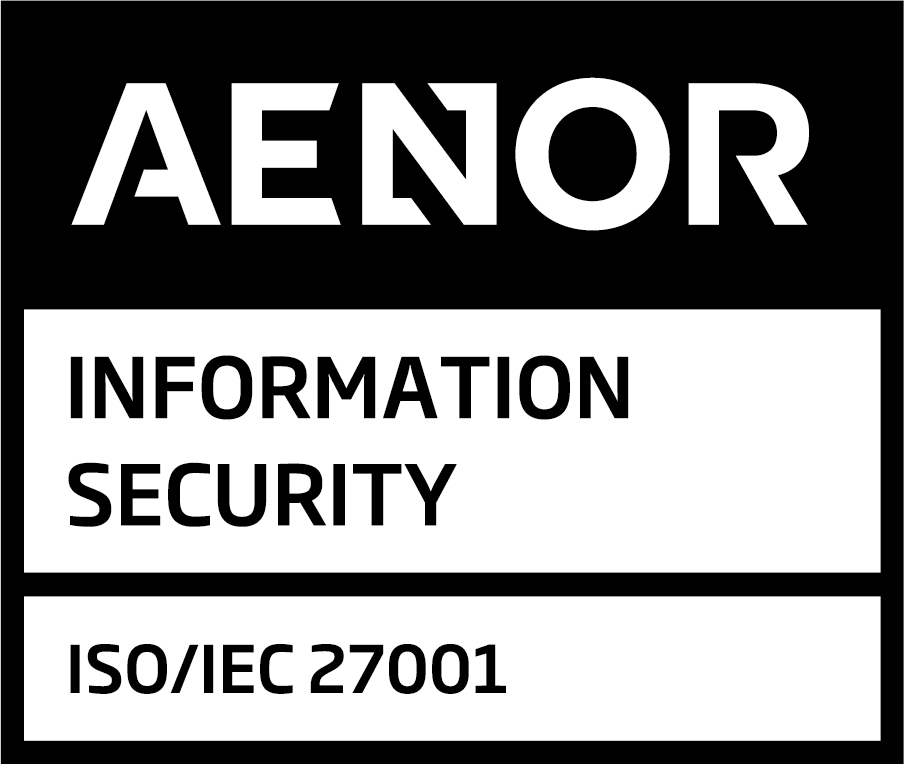March 18, 2025

Menu
Our blog
The crucial role of CROs in ensuring compliance with Clinical Trial Regulations: safeguarding safety and efficacy
Contract Research Organizations (CROs) play a crucial role in ensuring compliance with clinical trial regulations. Beyond ensuring that studies adhere to current regulatory frameworks, CROs also guarantee the safety and efficacy of the treatments under investigation. Learn how CROs contribute to the quality and success of clinical trials and why they are essential for companies seeking clinical research services.
By Sermes CRO

The importance of CROs in Clinical Research
In the field of clinical research, CROs have become indispensable. These specialized organizations provide a broad range of services, from documentation management to regulatory strategy, ensuring that clinical trials comply with current regulations and meet the highest quality standards.
CROs support study sponsors—including pharmaceutical, biotechnology, and medical device companies—by handling non-clinical yet equally critical aspects of trials. Their responsibilities encompass documentation management, biostatistics, pharmacovigilance, quality control, patient recruitment, and data management.
One of the key functions of CROs is ensuring that clinical trials comply with regulatory requirements, including adherence to Good Clinical Practice (GCP) standards and the European Clinical Trials Regulation (EU CTR 536/2014). These frameworks are essential for maintaining data integrity and trial quality. CROs must stay up to date with both local and international regulations, including European directives and the requirements of agencies such as the Spanish Agency of Medicines and Medical Devices (AEMPS) and the European Medicines Agency (EMA).
Ensuring safety and efficacy
The safety and efficacy of investigational treatments are top priorities in any clinical trial. CROs play a pivotal role in this aspect by conducting internal and external audits, continuously monitoring trials, and training staff in GCP. Additionally, they ensure that monitors are well-trained in both the clinical trial and the underlying pathology, as well as in the relevant legislation and procedures required for trial execution.
A clinical trial monitor, also known as a Clinical Research Associate (CRA), is a key figure in clinical research. Their primary responsibility is to oversee and ensure that trials are conducted according to established protocols, safeguarding participant safety and data integrity.
The main functions of a clinical trial monitor include:
- Trial supervision: Verifying adherence to the study protocol and ensuring data accuracy and completeness.
- Quality control: Overseeing the quality of collected data throughout the study.
- Communication and support: Maintaining constant communication with investigators and study teams to resolve issues and provide guidance.
- Staff training: Educating site personnel on the study protocol and specific procedures.
- Regulatory compliance: Conducting internal and external audits to ensure adherence to current regulations.
The essential role of CROs in advancing Clinical Research
In summary, CROs are vital to the success of clinical trials, ensuring regulatory compliance and safeguarding the safety and efficacy of investigational treatments. For companies seeking clinical research services, partnering with CROs that provide high-quality, accessible support is crucial. By adopting effective strategies, CROs can enhance their visibility, attract more clients, and ultimately drive progress in science and medicine.
Certifications:














